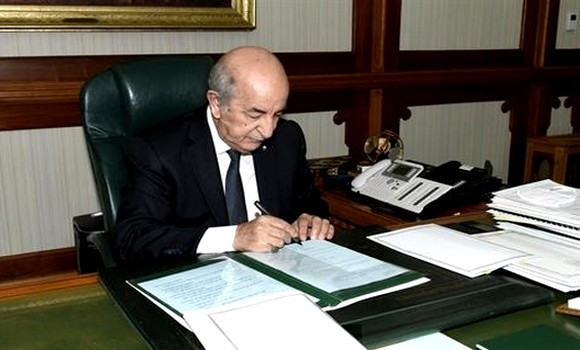Burkina Faso unveils national informal economy council and launches prize to promote business formalisation

In a landmark effort to transform Burkina Faso’s informal economy, the country has officially inaugurated the newly elected National Executive Bureau of the National Council of the Informal Economy (CNEI-BF), while also launching the “Grand Prix de la Formalisation” to incentivise businesses to transition into the formal sector.
Presiding over the dual ceremony on Friday, Minister of Employment Roland Somda praised the commitment and resilience of the informal economy actors who gathered from all 13 regions of the country for the event.
He urged the new council leadership to adopt an inclusive vision and to work towards a sustainable economic transformation.
“Alone, it is hard to lift even a stone—but together, we can move mountains,” said Somda. He noted that the informal sector accounts for an estimated 93.5% of employment in Burkina Faso, underlining the urgent need for reform.
The minister reaffirmed his ministry’s commitment to supporting the transition by promoting decent jobs and expanding access to social protection.
The newly introduced “Grand Prix de la Formalisation” will honour individuals and structures that demonstrate strong engagement in formalising their operations.
In addition to national recognition, winners will receive enhanced support to further develop and structure their activities.
Salif Nikièman, who now heads the CNEI-BF, took office alongside a 41-member national bureau, including 13 regional presidents and 11 municipal presidents.
In his speech, Nikièman called for unity and collective responsibility across the sector.
“We have turned a page, and a new chapter is opening in the history of Burkina Faso’s informal economy,” he declared.
The ceremony also paid tribute to the nation’s Defence and Security Forces (FDS) and the Volunteers for the Defence of the Homeland (VDP), in recognition of their continued efforts to secure the country.
Through this initiative, the Burkinabè government aims to transform the informal sector into a key engine of economic and social development—anchoring it as a central pillar in the nation’s growth strategy.
About The Author
dailymailafric
I am an avid African news observer, and an active member of Daily Mail Africa.
I’m Passionate about staying informed on diverse topics across the continent,
I actively contribute to publishing on political, economic and cultural developments in Africa.



